Lemongrass tea, a fragrant infusion made from the leaves of the lemongrass plant (Cymbopogon citratus), has gained popularity for its delightful flavor and numerous health benefits. Enjoyed in many cultures around the world, lemongrass tea is not only a refreshing beverage but also offers a range of wellness advantages that can enhance your everyday life. In this article, we will explore the various benefits of lemongrass tea, highlighting its nutritional properties, potential health effects, and how it can contribute to overall well-being.
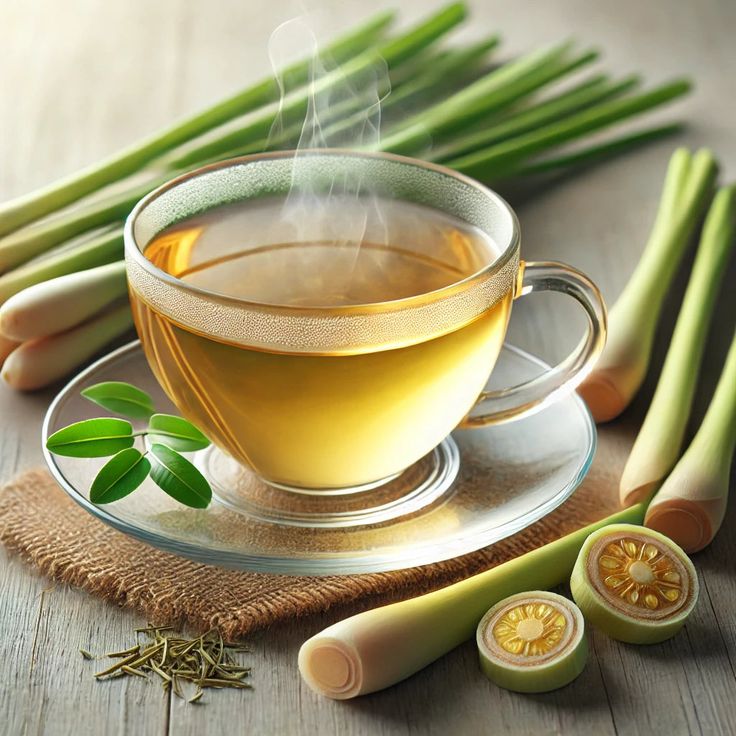
What is Lemongrass Tea?
Lemongrass tea is a delightful infusion made by steeping dried or fresh lemongrass leaves in hot water. This simple process extracts the essential flavors and aromas from the leaves, resulting in a refreshing beverage. The tea boasts a light citrusy flavor, complemented by a subtle hint of earthiness that many find appealing. Its bright and uplifting taste makes it a favorite among those who enjoy herbal teas.
Known for its aromatic fragrance, lemongrass tea provides a calming and soothing experience, perfect for relaxation. Being caffeine-free, it serves as an ideal choice for evening enjoyment or for anyone looking to reduce their caffeine intake. Many individuals appreciate the versatility of lemongrass tea, as it can be enjoyed hot or iced. Whether sipped alone or blended with other herbs, it offers a fragrant and enjoyable way to enhance your hydration routine while embracing its many benefits.
Historical and Cultural Significance
Lemongrass has a rich history and has been utilized in traditional medicine for centuries. Native to Southeast Asia, it has deep roots in various cultural practices, especially in Ayurveda and Thai herbal traditions. In these practices, lemongrass was valued for its therapeutic properties. It was believed to promote overall well-being, aid digestion, and alleviate stress. Ancient healers recognized the herb’s calming effects and frequently used it as a remedy for various ailments.
As time progressed, the popularity of lemongrass tea spread beyond Southeast Asia. Today, it is enjoyed by people around the world for its unique flavor and numerous health benefits. Many appreciate its refreshing and invigorating taste, making it a popular choice in both homes and cafes. In addition to being a delightful beverage, lemongrass tea is often incorporated into wellness routines. Its legacy continues to thrive, as modern consumers embrace the herbal remedy for its soothing properties, promoting relaxation and digestive health. With its long-standing historical significance, lemongrass remains an important element in holistic wellness today.
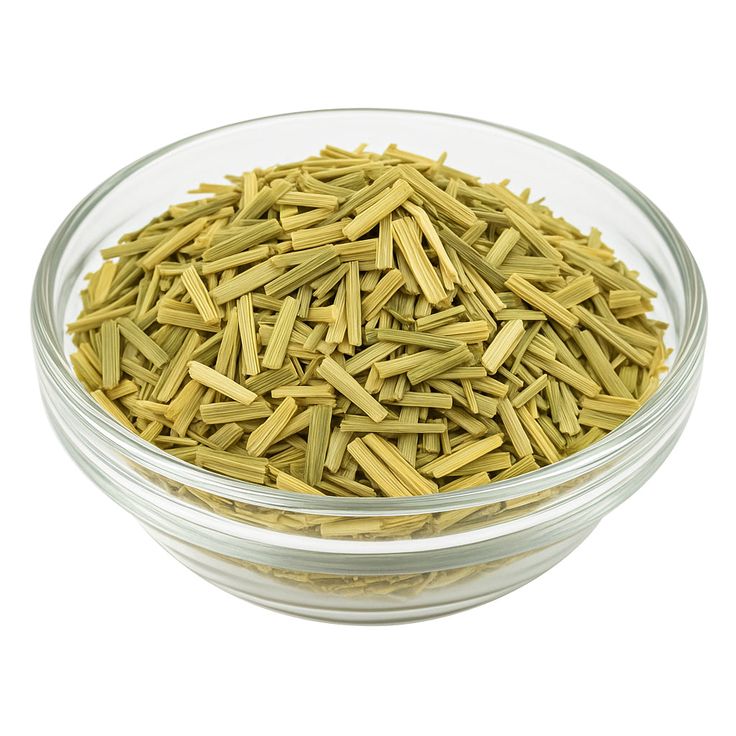
Nutritional Profile of Lemongrass Tea
Lemongrass tea is not only aromatic but also offers valuable nutrients for wellness. This herbal beverage provides essential vitamins and powerful antioxidants, promoting better health from the inside out.
Key Vitamins and Nutrients
Lemongrass tea contains several beneficial nutrients that support overall health. It is a good source of Vitamin A, which helps maintain healthy skin and vision. The tea also provides small amounts of Vitamin C, which strengthens the immune system and enhances collagen production.
Additionally, lemongrass tea is rich in minerals like potassium. Potassium supports healthy heart function and regulates blood pressure. It is also known for containing trace amounts of magnesium, which aids in muscle and nerve function. These nutrients make lemongrass tea a valuable addition to your daily diet.
Antioxidants and Their Benefits
Lemongrass tea is packed with antioxidants that help fight free radicals. One of the main antioxidants present is chlorogenic acid. This compound enhances overall health by protecting cells from damage.
The tea also contains flavonoids, which are known for their anti-inflammatory properties. These antioxidants can help improve blood flow and reduce inflammation. Drinking lemongrass tea regularly may boost your body’s defense against various illnesses.
These nutrients and antioxidants make lemon-scented tea an excellent choice for supporting healthy aging and protecting against chronic diseases.
Health Benefits of Lemongrass Infusion
Lemongrass tea provides a variety of health benefits due to its impressive nutritional composition. It is rich in essential vitamins and minerals while also containing powerful antioxidants. These properties contribute to overall wellness and promote a healthy lifestyle for those who enjoy it.
Aiding Digestion and Gut Health
Lemongrass tea is known for promoting healthy digestion. It relaxes the stomach and improves the gut’s efficiency. The natural compounds in the tea reduce bloating and combat indigestion effectively. Additionally, it may help prevent gastric ulcers by protecting the stomach lining. This makes it a soothing choice after meals or whenever digestive discomfort arises.
Supporting Weight Management
Drinking lemongrass tea can support weight management efforts. It acts as a mild diuretic, helping to flush out toxins and reduce water weight. Its natural compounds boost metabolism, aiding in better calorie burning. Furthermore, lemon-scented tea is low in calories, making it a guilt-free beverage. Incorporating it into your routine can complement a healthy diet and exercise.
Boosting Immune Function
Lemongrass tea strengthens the immune system, thanks to its Vitamin C content and antioxidants. These elements help the body fight off infections effectively. The tea also contains antimicrobial and antifungal properties, offering protection against harmful pathogens. A warm cup can be especially comforting during flu season.
Enhancing Mental Clarity and Stress Relief
A cup of lemon-scented tea can calm the mind and reduce stress levels. The aroma of lemongrass promotes relaxation and improves mental focus. Additionally, its compounds help balance cortisol levels, reducing feelings of anxiety. Regular consumption may improve sleep quality by naturally promoting relaxation.
Promoting Heart Health
Lemongrass tea supports heart health in several ways. Its potassium content helps regulate blood pressure and improve circulation. Antioxidants in the tea reduce oxidative stress, which is beneficial for cardiovascular health. Drinking lemongrass tea may also help lower cholesterol levels, reducing the risk of heart-related issues over time.
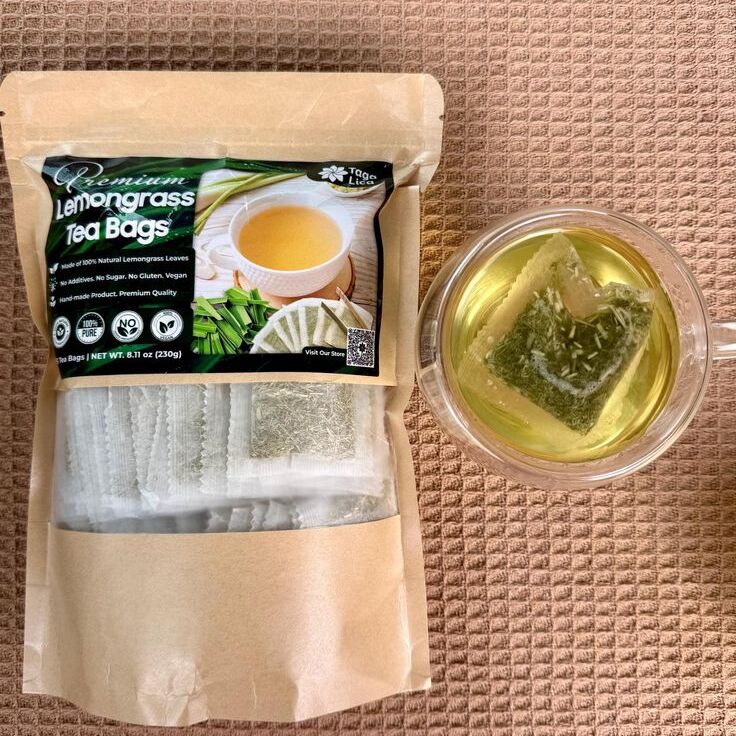
Preparing Lemongrass Infusion at Home
Making lemongrass tea at home is both simple and rewarding. You only need a few ingredients and basic tools to create this aromatic drink. With fresh or dried lemongrass, water, and optional flavorings, you can enjoy a comforting cup in no time. Follow these easy instructions to craft a perfect brew tailored to your taste preferences. Whether you prefer it sweetened or with added spices, lemon-scented tea can be customized to suit your liking.
Ingredients and Tools Needed
To make fresh lemongrass tea, gather these ingredients and tools:
- Fresh or dried lemongrass stalks (2–3 stalks or 1–2 teaspoons of dried leaves)
- Water (2 cups for one serving)
- Optional sweeteners like honey or sugar
- Optional flavor enhancers like ginger, mint, or lemon slices
- A saucepan or kettle
- A strainer and teacup
- A cutting board and knife (if using fresh lemongrass)
Having these items on hand ensures a smooth brewing process and delicious results.
Step-by-Step Brewing Instructions
Follow these steps to brew your perfect cup:
- Prepare the lemongrass:
- If using fresh stalks, wash and chop them into small pieces. Crush slightly to release flavor.
- Measure dried lemongrass if preferred.
- Boil water:
- Heat 2 cups of water in a saucepan or kettle until it reaches boiling point.
- Steep the lemongrass:
- Add fresh or dried lemongrass to the boiling water. Let it steep for 5–10 minutes.
- Strain the tea:
- Pour the tea through a strainer into your teacup to remove lemongrass pieces.
- Enhance the flavor:
- Add a teaspoon of honey or a slice of lemon if desired. Stir well and enjoy.
Tips for Flavor Variations
Explore these ideas to customize your tea:
- Spicy twist: Add slices of fresh ginger while steeping.
- Citrusy kick: Squeeze in fresh lime or orange juice before serving.
- Cooling ensemble: Include fresh mint leaves for a refreshing taste.
- Iced option: Let the tea cool, then pour over ice for a chilled beverage.
Experiment with these variations to create a lemongrass tea that suits your palate. By adjusting ingredients, you can make your cup unique and flavorful each time.
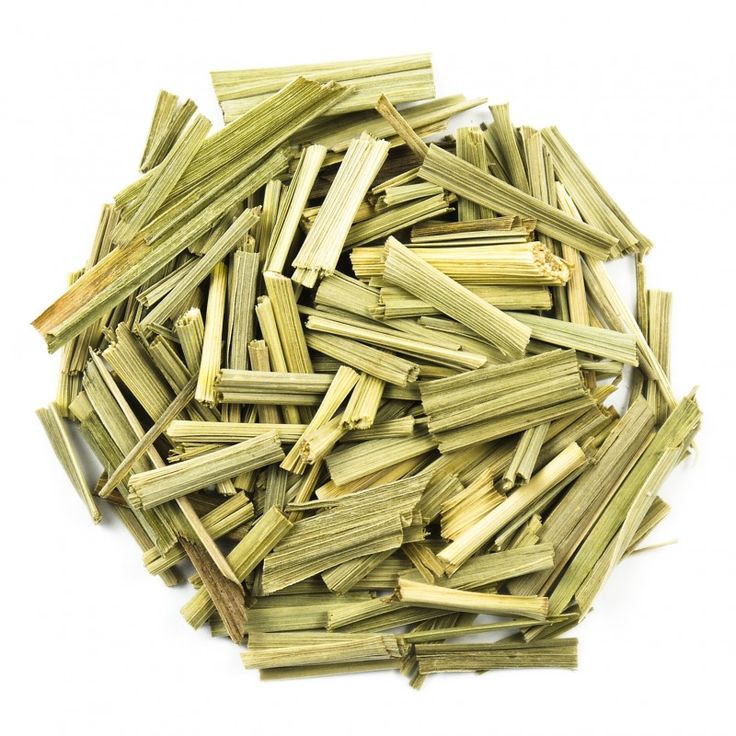
Potential Side Effects and Precautions
Lemongrass tea offers many benefits, but precautions are essential for safe consumption. While generally safe, some individuals may experience adverse effects. Being informed helps you enjoy this herbal drink responsibly.
Allergies and Sensitivities
Certain individuals might be allergic to lemongrass. For first-time users, monitor for signs of reactions. Symptoms can include itching, rash, or difficulty breathing. If these occur, stop consuming the tea immediately and consult a doctor.
Pregnant or breastfeeding women should limit lemongrass tea. Some compounds may not be safe during pregnancy. It is advisable to consult a healthcare provider for personalized advice.
Additionally, people with sensitive stomachs might experience mild discomfort, like diarrhea. To avoid this, start with small amounts and observe your body’s response.
Dosage Recommendations
Moderation is vital when drinking lemongrass tea. For most individuals, 1–2 cups daily is safe. Drinking excessive amounts might irritate the stomach or liver.
If taking medications, consult your doctor before adding lemon-scented tea to your routine. Lemongrass may interact with diuretics, blood sugar, or blood pressure medications.
Proper dosage and care ensure lemon-scented tea complements your health rather than causing issues. Always listen to your body’s needs and consult professionals when necessary.
Incorporating Lemongrass Infusion into Your Wellness Routine
Lemongrass tea is a versatile drink that can enhance your daily wellness practices. Incorporating it wisely into your routine ensures maximum benefits and a balanced lifestyle. Below, we explore the best times to drink lemongrass tea and how to pair it with healthy habits.
Best Times to Drink Lemongrass Infusion
Choosing the right time to enjoy lemon-scented tea can significantly enhance its wellness effects. Here are some ideal moments to incorporate this delightful beverage into your daily routine:
- Morning refreshment: Start your day with a soothing cup of lemongrass tea. Drinking it in the morning can help boost your metabolism and kickstart digestion, setting a positive tone for the day ahead. The aromatic properties of lemongrass can also invigorate your senses and help wake you up.
- Midday relaxation: Consider sipping lemon-scented tea during your work breaks. It provides a perfect opportunity to reduce stress and improve focus. The calming effect of this herbal tea can help you recharge and regain concentration for the tasks ahead.
- After meals: Drinking lemongrass tea after lunch or dinner can be beneficial for digestion. This warm beverage may help ease bloating and promote a feeling of comfort after a meal. Its natural properties are excellent for soothing the stomach.
- Before bedtime: Enjoy a warm cup of lemon-scented tea before bedtime. It can calm your mind, promoting relaxation and improved sleep quality. The pleasant aroma and flavor create a soothing ritual that signals your body to wind down for the night.
Timing your lemongrass tea consumption based on your specific needs can enhance its effectiveness. Experiment with different times to find what works best for your schedule and lifestyle.
Pairing Lemongrass Infusion with Healthy Lifestyle Choices
Lemongrass tea offers numerous health benefits. When paired with other healthy habits, its effectiveness increases significantly. Here are several ways to enhance your wellness journey:
- Balanced diet:
- Pair this tea with nutrient-dense meals rich in fruits, vegetables, and lean proteins.
- Avoid sugary snacks while drinking it, as they can negate its benefits.
- Hydration:
- Alternate between lemon-scented tea and water to maintain proper hydration throughout the day.
- Its mild diuretic properties make additional water intake essential.
- Relaxation practices:
- Enjoy a cup during yoga, meditation, or quiet reading sessions.
- Its calming aroma complements relaxation activities beautifully.
- Exercise:
- Drink a cup after workouts to support muscle recovery and reduce inflammation.
- Stress management:
- Incorporate it into your evening rituals to unwind and prepare mentally for restful sleep.
By aligning lemongrass tea with mindful eating, hydration, and relaxation habits, you’ll reinforce a healthier lifestyle. Its versatile nature makes it a delightful addition to wellness-focused routines.
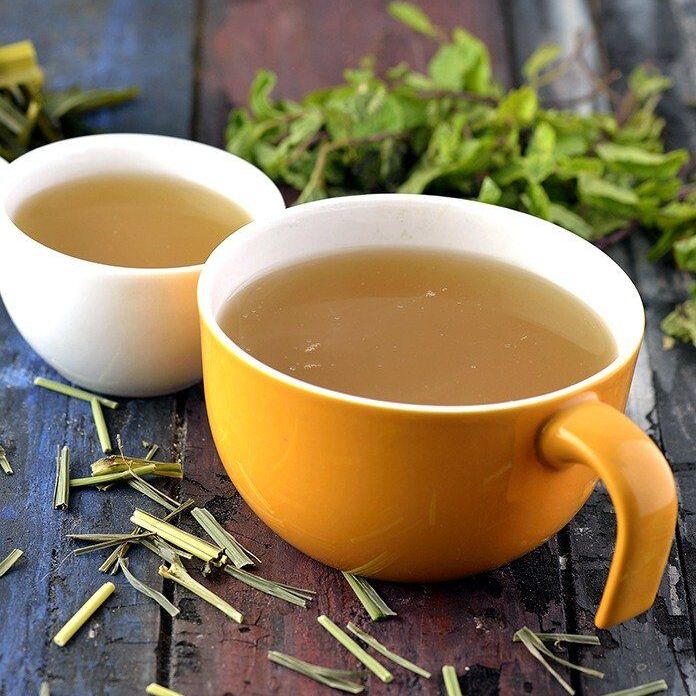
Conclusion and Final Thoughts
Lemongrass tea is a delightful and beneficial addition to your wellness routine. This herbal drink supports digestion, immunity, and mental clarity. Packed with nutrients and antioxidants, it promotes heart health and aids stress relief. Moreover, it’s easy to prepare and customize for various tastes and occasions.
While it offers numerous benefits, moderation and caution are key to safe consumption. Always consult professionals if you have concerns about allergies or interactions with medications. When paired with healthy habits, lemon-scented tea enhances a balanced lifestyle.
Enjoying lemongrass tea mindfully can boost your overall well-being. Start incorporating it into your daily practices to unlock its full potential for health and relaxation. A warm cup creates the perfect moment to rejuvenate your body and mind.